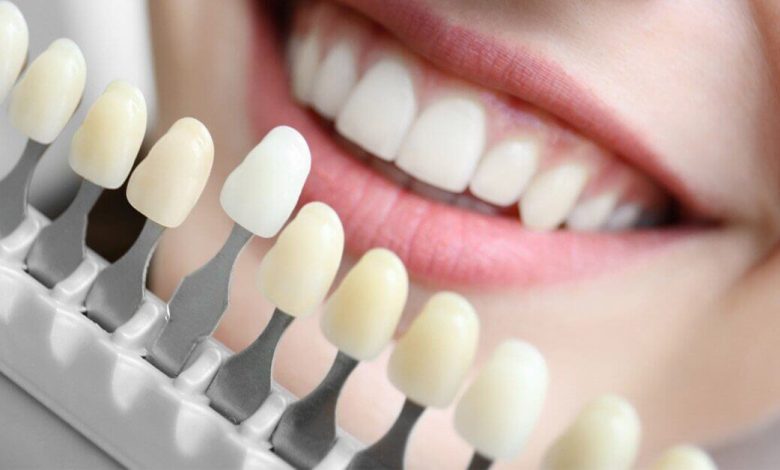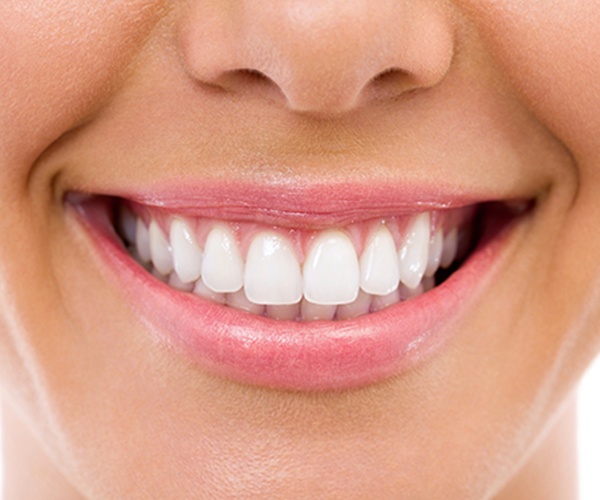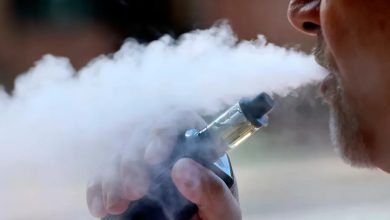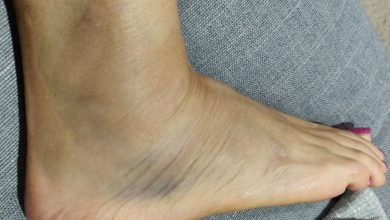What causes the teeth to change colour

Teeth may get discoloured either as a direct consequence of coming into direct touch with specific substances or as a result of changes in the chemical composition of the tooth itself. These are some of the most prevalent reasons for discoloured teeth:
As you get older, your enamel, which is the tough, white coating that covers the surface of your teeth, becomes thinner. This allows the yellower dentin that lies underlying to become more visible. Know more about teeth whitening price in kl.
Trauma:
An injury to the teeth may cause them to darken, either as a consequence of an increase in the production of dentin or as a result of a reduction in the blood supply to the tooth, which can lead to the death of the tooth.
What to eat and drink:
Because chromogens attach themselves to the enamel of your teeth, certain meals and beverages, such as red wine, coffee, tea, and some fruits and vegetables with rich colour pigments, may stain your teeth.

Certain pharmaceuticals, including:
Medication for high blood pressure, antihistamines, and antipsychotics are all potential causes of tooth discoloration. The usage of antibiotics in young children, whose teeth are still developing, has been linked to a darker shade of tooth enamel.
Products made from tobacco: Tar and nicotine, both of which are included in tobacco products, can discolour teeth a yellowish colour. It does not matter how well you maintain proper oral hygiene by brushing and flossing your teeth regularly; your teeth may still get more discoloured with time. Because of this, you may want to look into other teeth whitening options.
Who should consider getting their teeth whitened?
If you are above the age of 16, not pregnant or lactating, and your gums and teeth are healthy but they have a yellowish colour, you may be an excellent candidate for tooth whitening. Other qualifications include having healthy gums and teeth. Whitening may be more difficult to achieve on teeth that have been heavily discoloured or that have a more greyish hue. Before undertaking a teeth whitening programme, you should first receive treated for any dental difficulties you have, such as tooth decay, cavities, gingivitis, or exposed root surfaces, if you suffer from any of these conditions.
If you are allergic to the bleach or already have sensitive teeth, you shouldn’t have your teeth whitened since it might make them much worse. Before you have your teeth whitened, you and your dentist should talk about your alternatives and what you want to achieve. If you want to be a suitable candidate for teeth whitening, you will need to have reasonable expectations about the procedure.
Whitening is only possible on your natural teeth.
Whitening solutions are ineffective on dental restorations such as crowns and fillings. If you have veneers, crowns, or fillings, your dentist may work with you to devise a strategy that will help you achieve the brightest smile that is humanly feasible.





